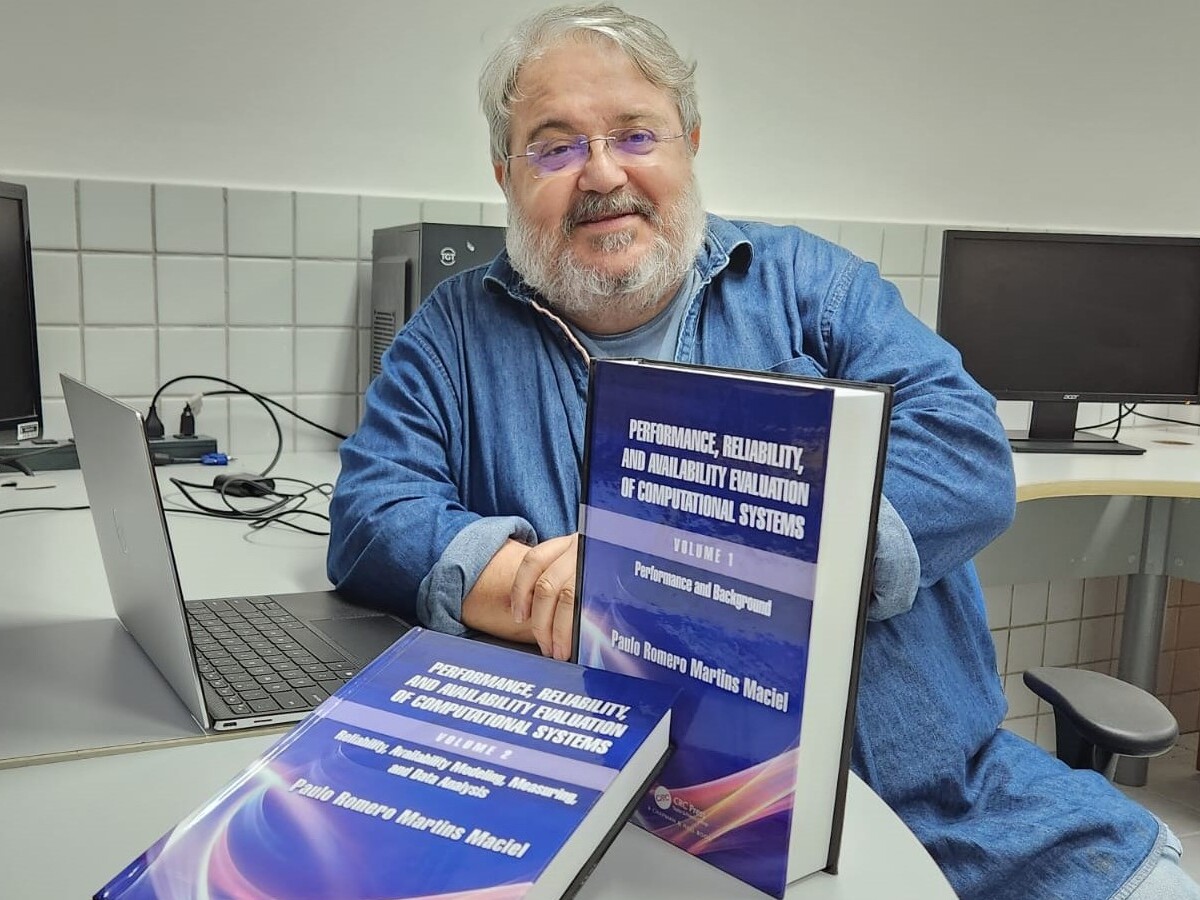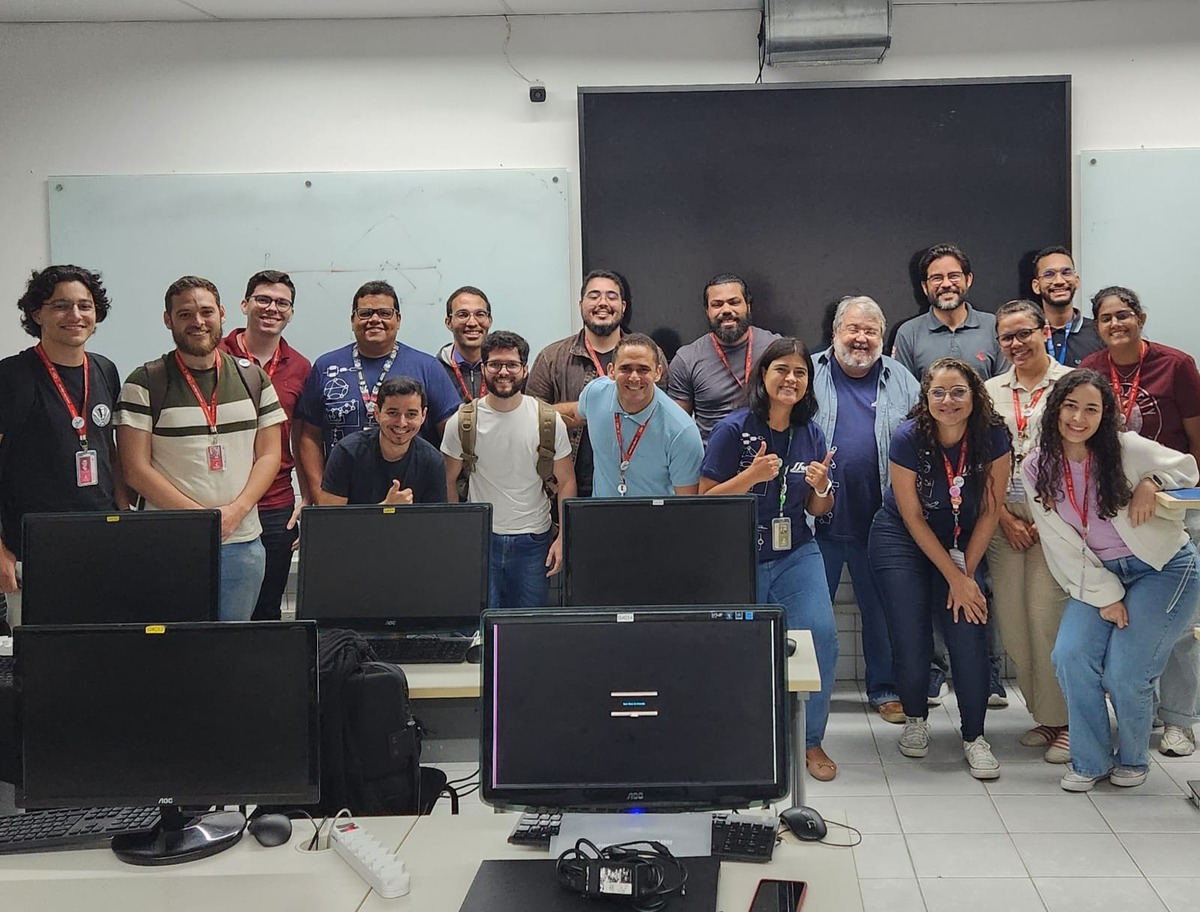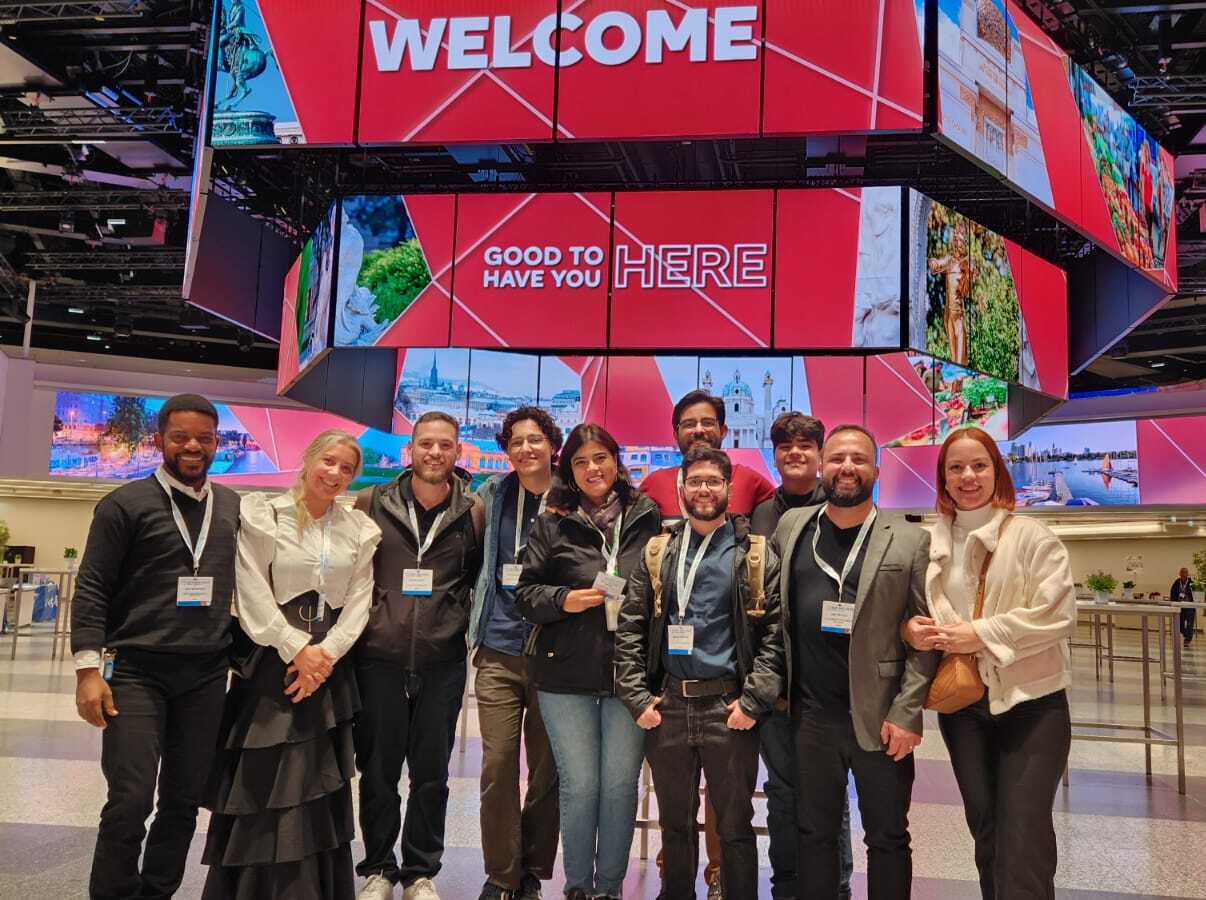The MoDCS research group participated in the IEEE International Conference on Systems, Man, and Cybernetics (SMC 2025), held in Vienna, Austria — one of the most important international events in the fields of intelligent systems, distributed computing, and cybernetics.
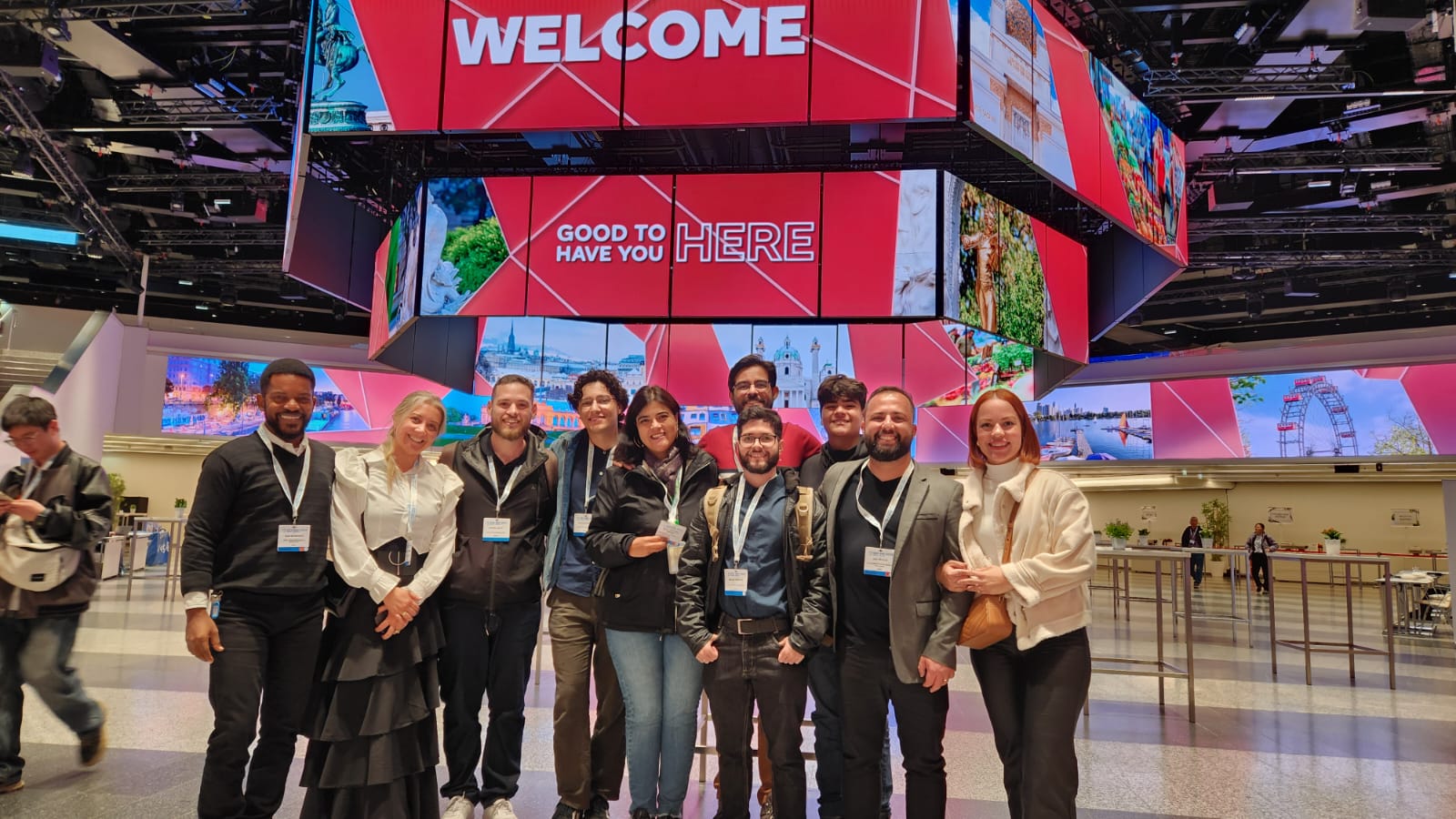
MoDCS was represented by Caio Oliveira, Esau Bermudez, Gabriel Vanderlei, Jamilson Dantas, Jean Araújo, Johanna Castellanos, Jônatas Silva, Marcelo Santana, Renata Dantas, and Vinícius Almeida, who actively took part in presenting works developed within the group, as well as studies carried out in collaboration with other researchers.
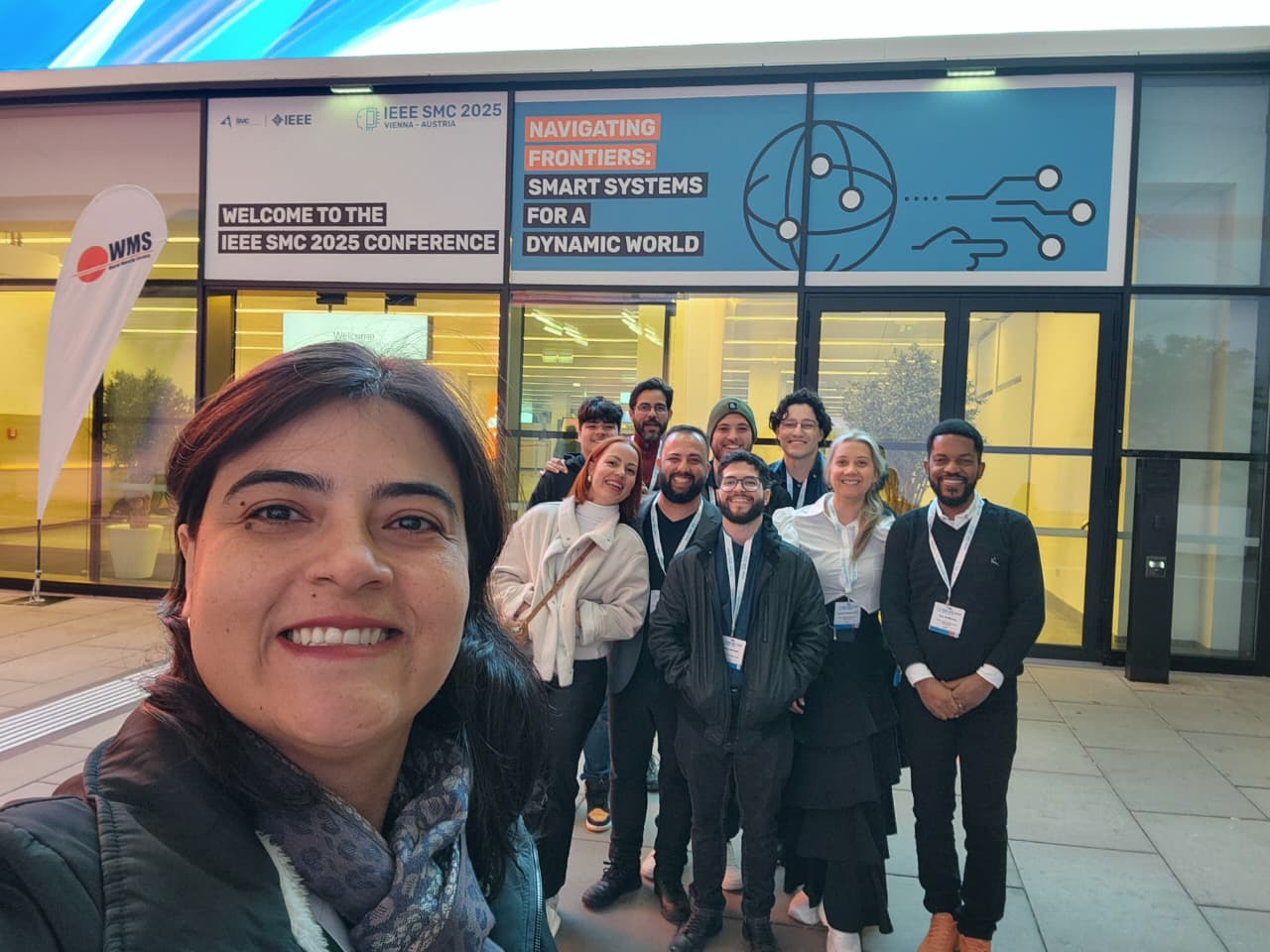
The presentations addressed highly relevant contemporary topics such as Urban Mobility, Internet of Things (IoT), and Cloud Computing, areas in which MoDCS has stood out for its theoretical and applied contributions.
Participation in SMC 2025 reinforces MoDCS’s commitment to research internationalization, scientific innovation, and the training of highly qualified researchers, consolidating the group as a national and international reference in the fields of modeling and analysis of complex systems.







